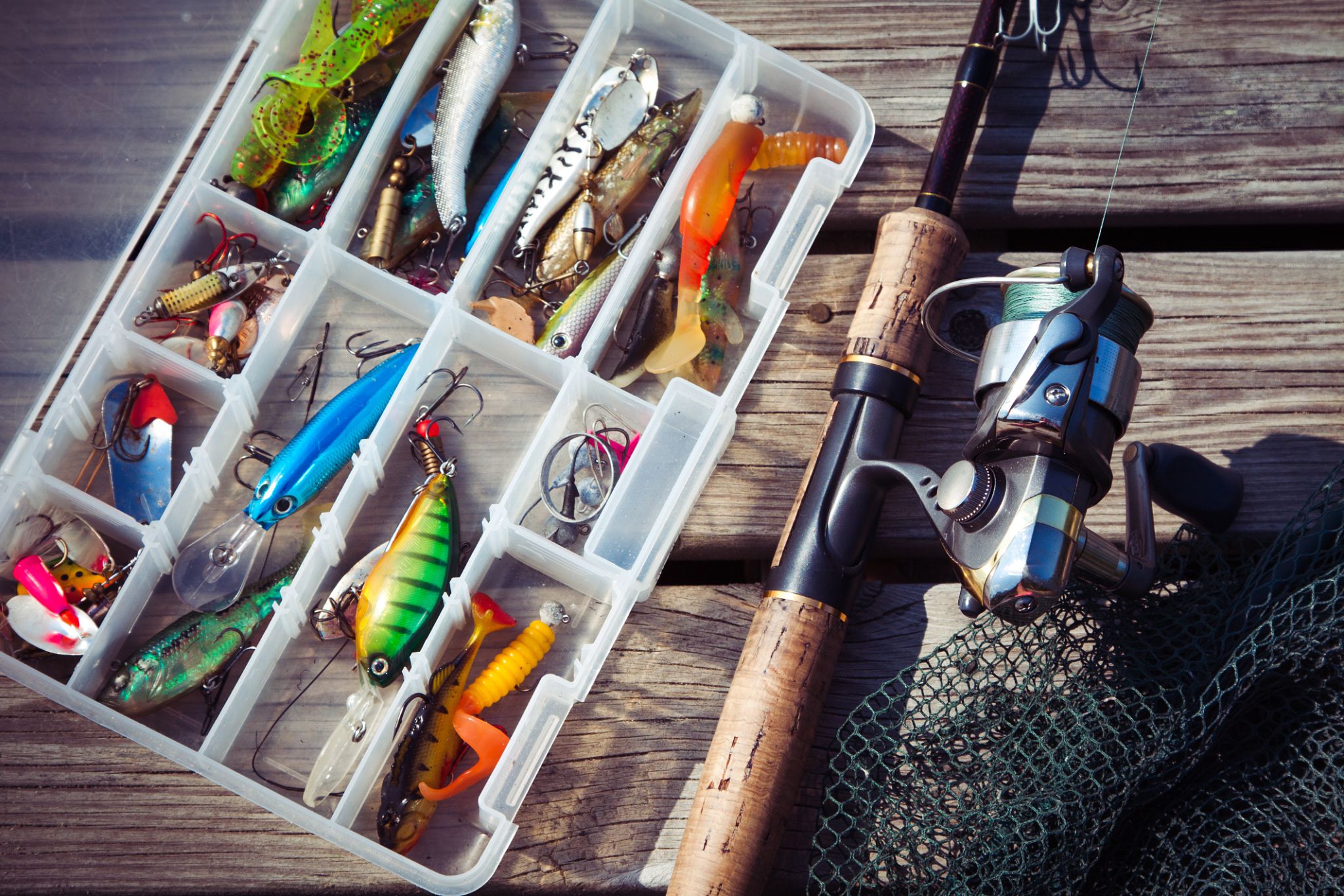Comparative Guide: Freshwater vs Saltwater Fishing
Understanding the Basics
Fishing is a beloved pastime for many, offering a peaceful escape into nature. However, when it comes to choosing between freshwater and saltwater fishing, the decision can be daunting. Both offer unique experiences and challenges, appealing to different types of anglers. Understanding the basic differences between them can help you decide which is best suited for your next adventure.
Freshwater fishing takes place in rivers, lakes, and streams where the water has little to no salt content. This type of fishing is often more accessible to anglers due to the abundance of freshwater bodies. On the other hand, saltwater fishing occurs in oceans and seas, providing opportunities to catch a wider variety of fish species.

Types of Fish
Freshwater Species
The variety of fish available in freshwater is vast, with some of the most popular species being bass, trout, and catfish. Freshwater fish are generally smaller in size compared to their saltwater counterparts, but they offer a diverse range of fishing experiences. Anglers can enjoy different fishing techniques such as fly fishing or bait casting depending on the species they are targeting.
Saltwater Species
In contrast, saltwater fishing boasts an impressive array of fish species including tuna, marlin, and red snapper. These fish are often larger and fight harder when hooked, providing an exhilarating challenge for anglers. The vastness of the ocean also means that you might encounter unexpected species, adding an element of surprise and excitement to your fishing expedition.

Equipment and Techniques
While both types of fishing require similar basic equipment—rods, reels, and bait—there are distinct differences in the gear used for each. Freshwater fishing equipment is generally lighter and more portable, making it ideal for quick trips to local lakes or rivers. Anglers often use smaller lures and lighter lines to match the size of freshwater fish.
Conversely, saltwater fishing gear is typically heavier and more robust to handle larger fish and harsher marine conditions. Techniques such as trolling and deep-sea fishing are common in saltwater environments, requiring specialized equipment like depth finders and heavy-duty rods.

Environmental Considerations
Freshwater Ecosystems
Freshwater ecosystems are usually more sensitive to environmental changes. Anglers must be mindful of their impact on these habitats by following local regulations and practicing catch-and-release when necessary. Pollution and overfishing are significant threats to freshwater fisheries, making sustainability a top priority.
Saltwater Ecosystems
The ocean's vastness provides a more resilient environment; however, saltwater ecosystems face their own challenges such as climate change and habitat destruction. Conservation efforts are crucial for maintaining healthy fish populations, and responsible fishing practices can help preserve these ecosystems for future generations.

Choosing Your Adventure
Ultimately, the choice between freshwater and saltwater fishing depends on personal preference and accessibility. Freshwater fishing is ideal for beginners or those seeking a serene experience close to home. It offers a low-cost entry point into the world of angling with plenty of opportunities to hone your skills.
Saltwater fishing, while potentially more expensive due to equipment and travel costs, offers unparalleled excitement and variety. For those seeking adventure on the open sea and the chance to catch trophy-sized fish, saltwater fishing is an experience not to be missed.
Whether you choose freshwater or saltwater fishing, each offers its own set of rewards and challenges. Consider what aspects of fishing excite you most, and embark on an angling journey that fulfills your passion for the sport.
